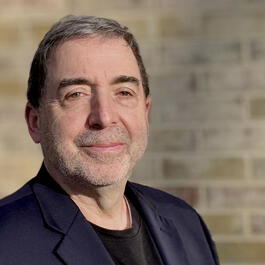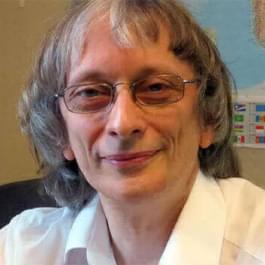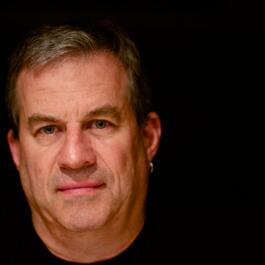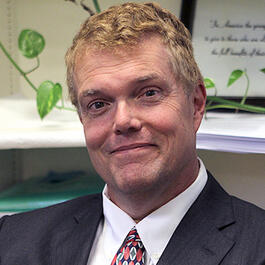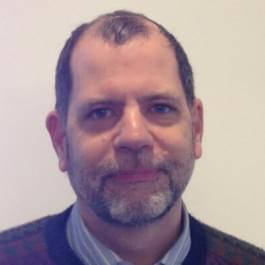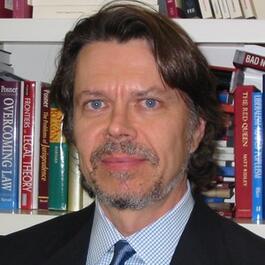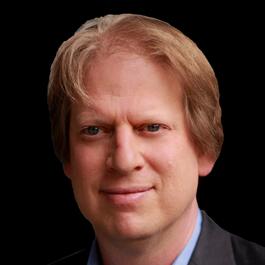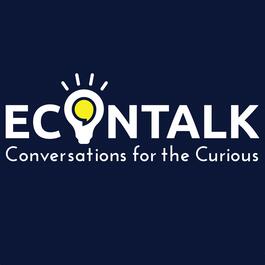
EconTalk
EconTalk: Conversations for the Curious is an award-winning weekly podcast hosted by Russ Roberts of Shalem College in Jerusalem and Stanford's Hoover Institution. The eclectic guest list includes authors, doctors, psychologists, historians, philosophers, economists, and more. Learn how the health care system really works, the serenity that comes from humility, the challenge of interpreting data, how potato chips are made, what it's like to run an upscale Manhattan restaurant, what caused the 2008 financial crisis, the nature of consciousness, and more. EconTalk has been taking the Monday out of Mondays since 2006. All 900+ episodes are available in the archive. Go to EconTalk.org for transcripts, related resources, and comments.
Show episodes
Psychologist Gerd Gigerenzer explains the power of intuition, how intuition became gendered, what he thinks Kahneman and Tversky's research agenda got wrong, and why it's a mistake to place intuition and conscious thinking on opposing ends of the cognition spectrum. Topics he discusses in this wide-ranging conversation
A world-class physicist makes a shocking claim: across 2,500 years and every kind of society, there has been a recurring moral exception carved out just for Jews--the idea that hurting Jews is, in some sense, legitimate. Most of the time, this doesn't erupt into pogroms. Instead, it lives as a background permission: a
Are we truly characters with agency, or are we just playing out our programming in the great video game of life? Contrary to those in his field who claim that free will is an illusion, neuroscientist Kevin Mitchell insists that we're agents who wield our decision-making mechanism for our own purposes. Listen as the aut
Can the promise of economic progress ever justify conquest, coercion, and control over other people’s lives? Economist William Easterly joins EconTalk's Russ Roberts to argue no--and to rethink what "development" really means in theory, in history, and in our politics today. Drawing on his new book, Violent Saviors: T
The Perfect Tuba: How Band, Grit, and Community Build a Better Life (with Sam Quinones)
Journalist and author Sam Quinones talks about his newest book, The Perfect Tuba: Forging Fulfillment from the Brass Horn, Band, and Hard Work with EconTalk's Russ Roberts. Known for his reporting on the opioid crisis, Quinones turns to a more uplifting subject--the world of tuba players and high school marching bands.
Will Storr talks about his book The Status Game with EconTalk host Russ Roberts, exploring how our deep need for respect and recognition shapes our behavior. The conversation delves into how we constantly judge others and compare ourselves to them, the pain of losing status, and the freedom of escaping judgment. Storr
